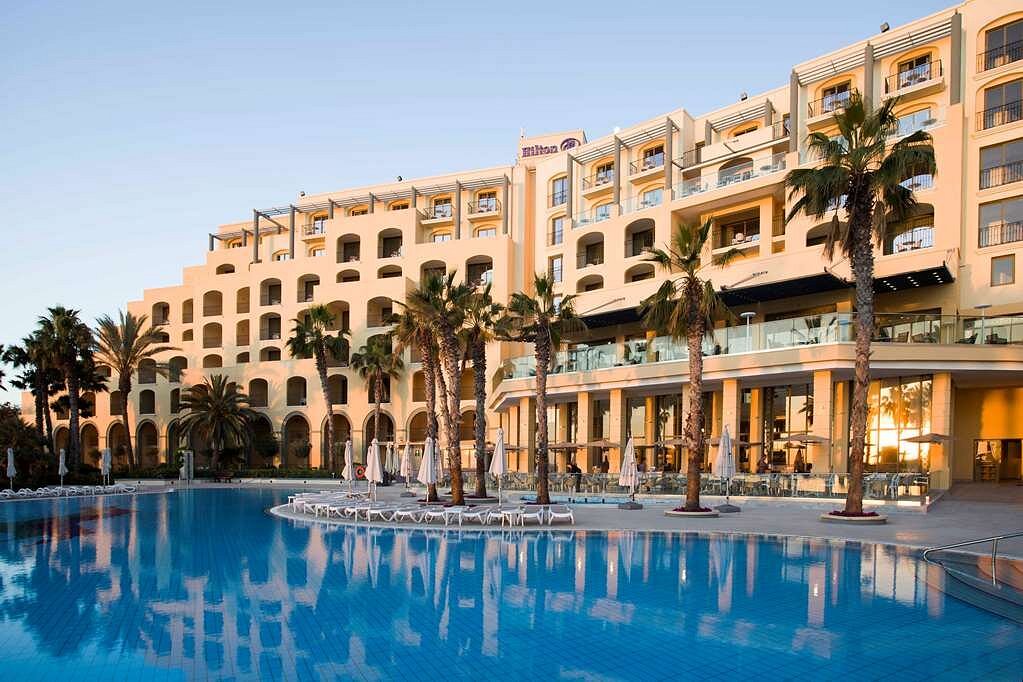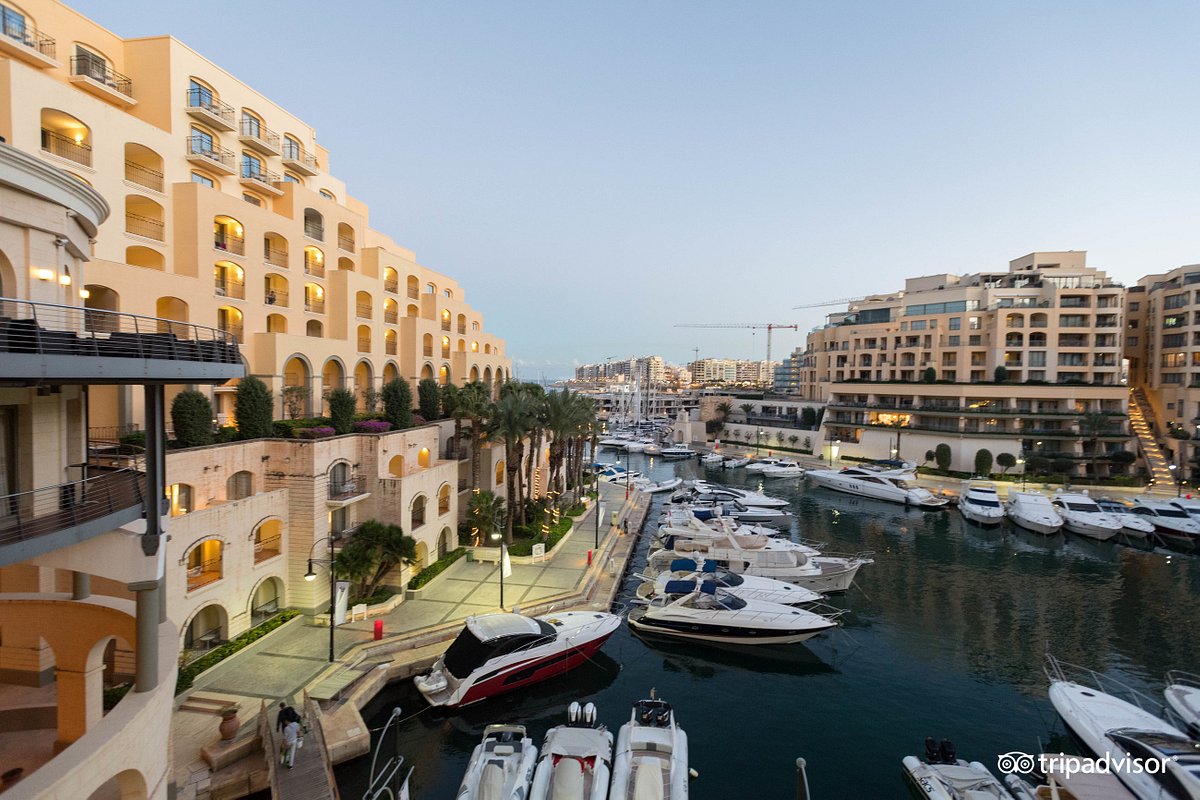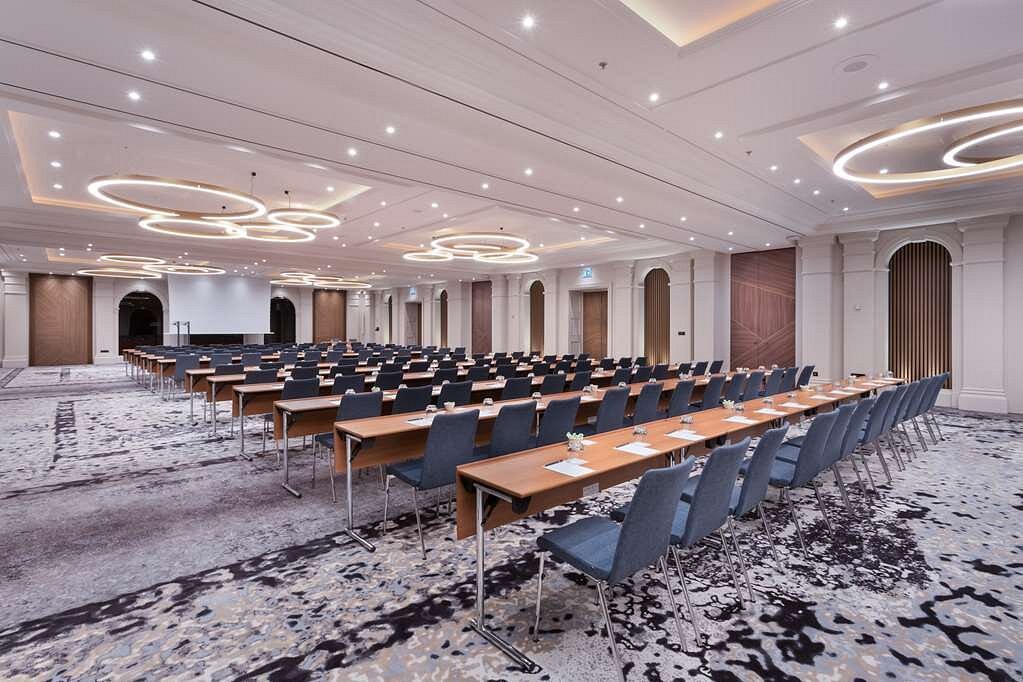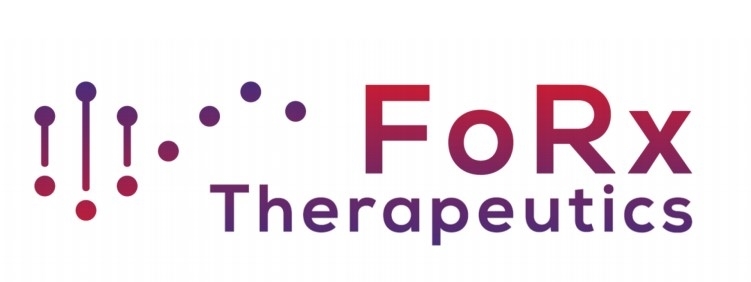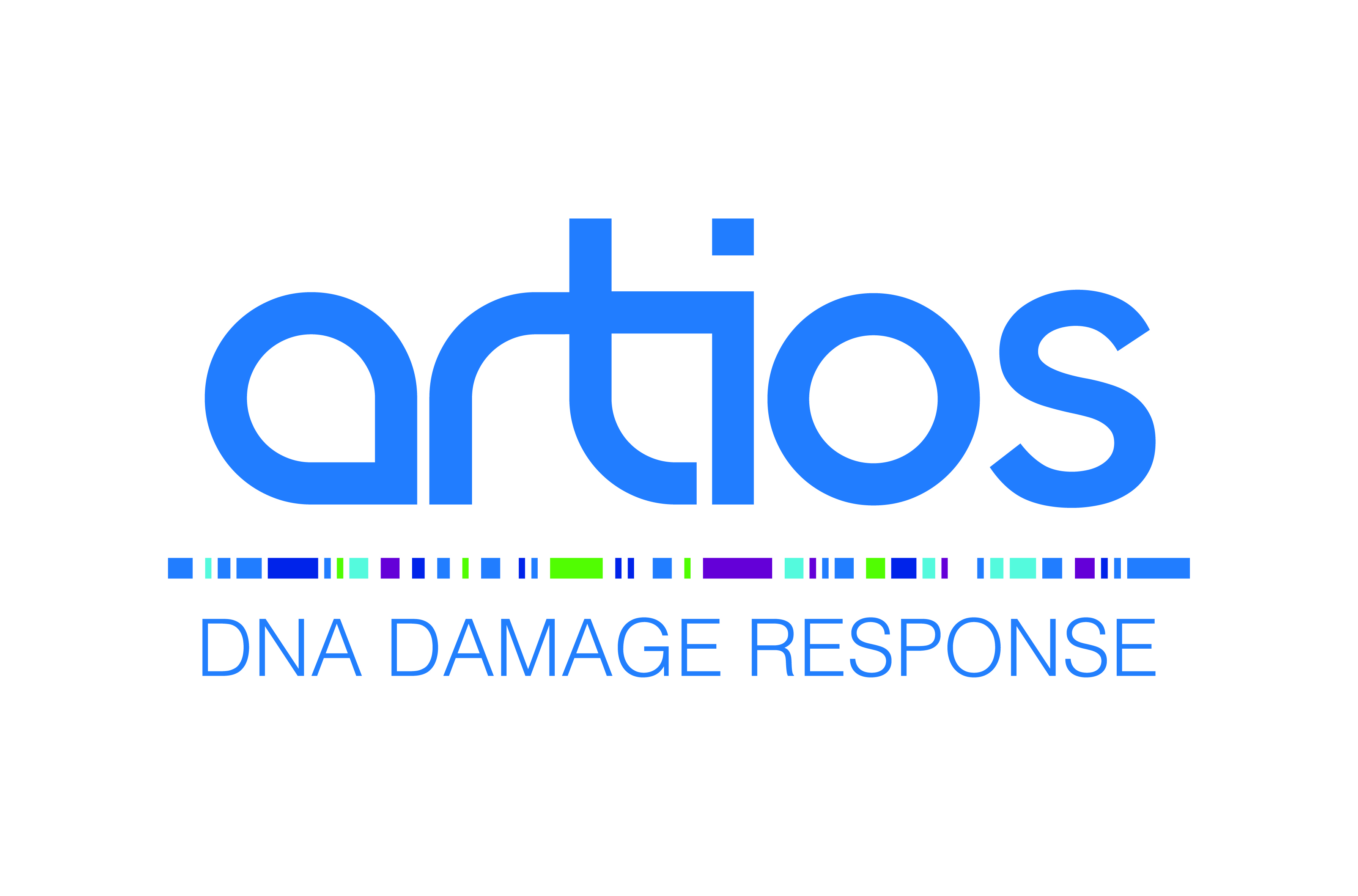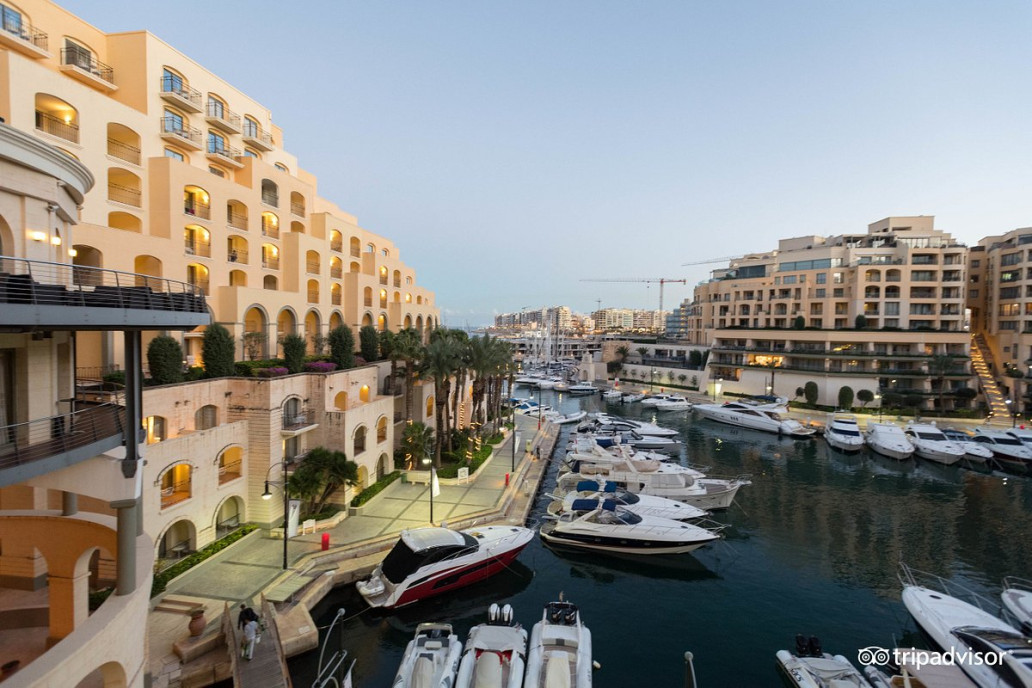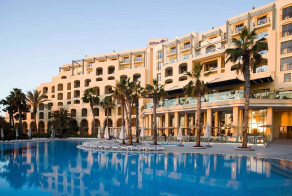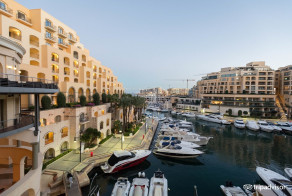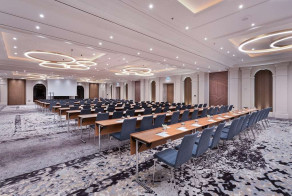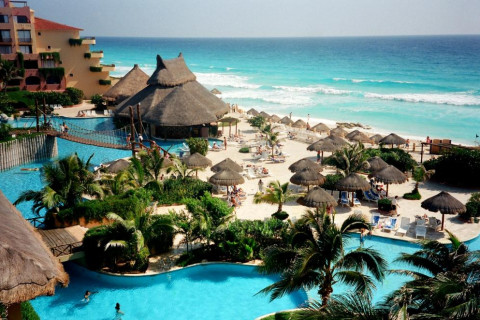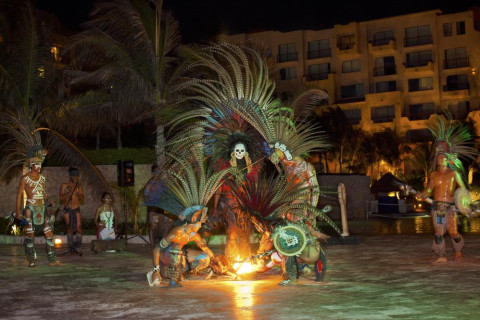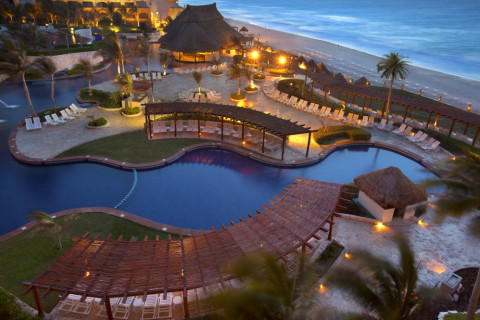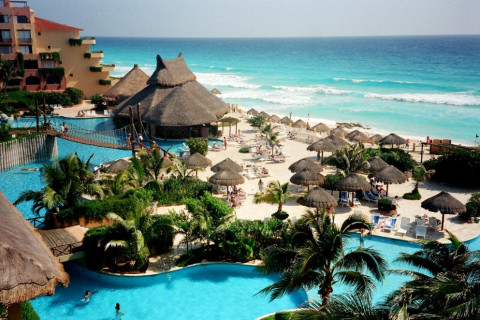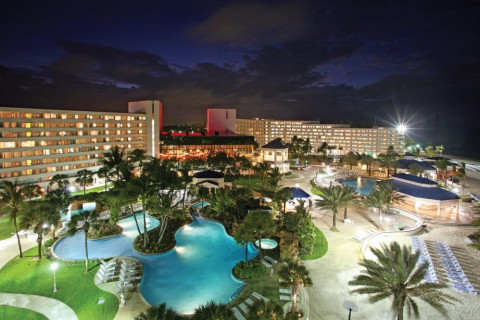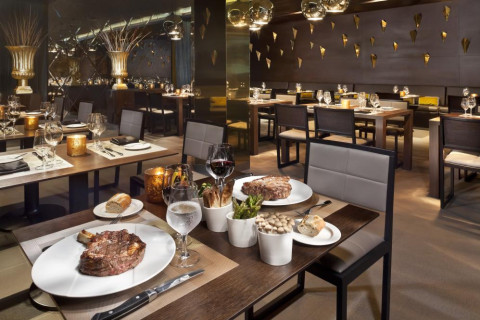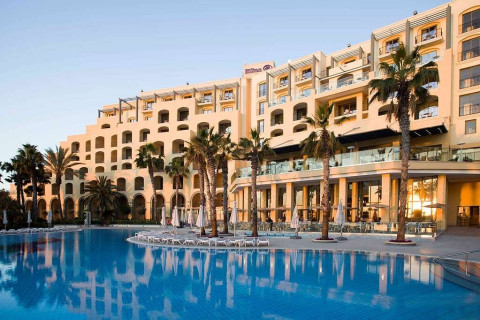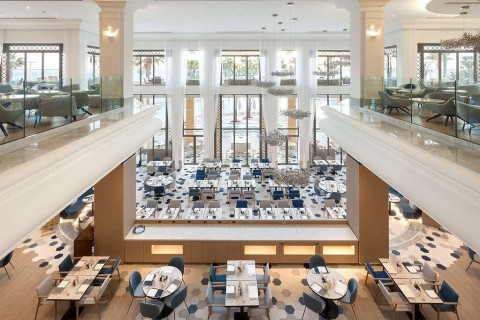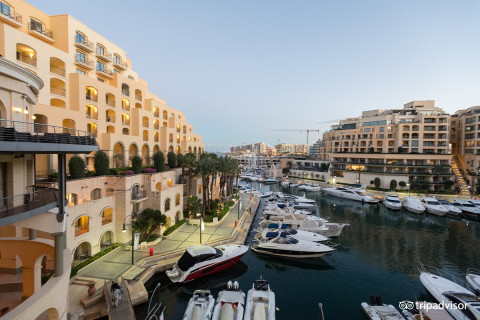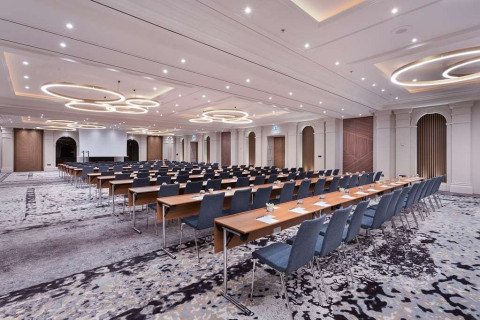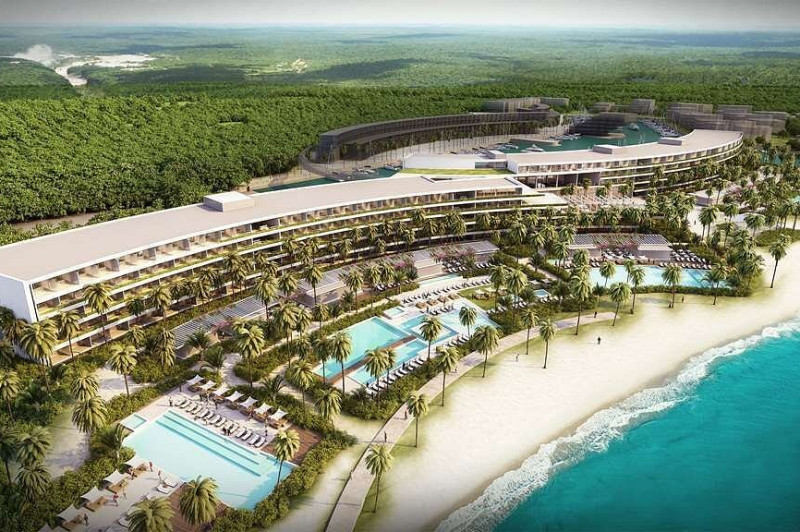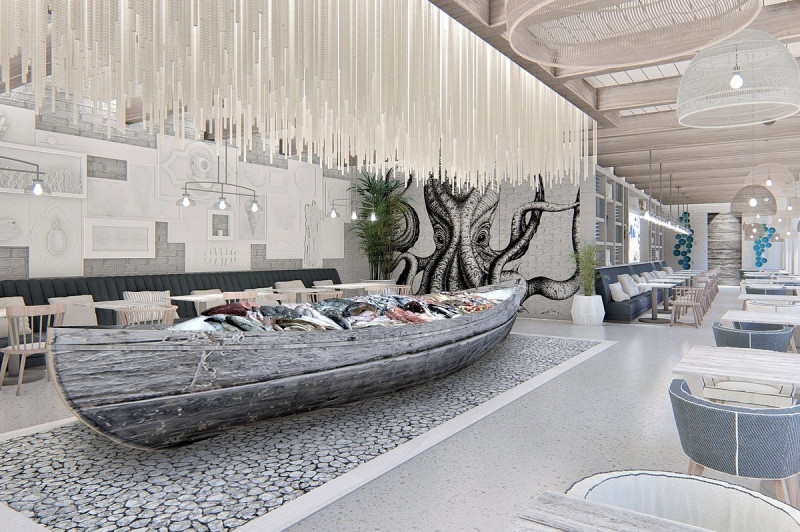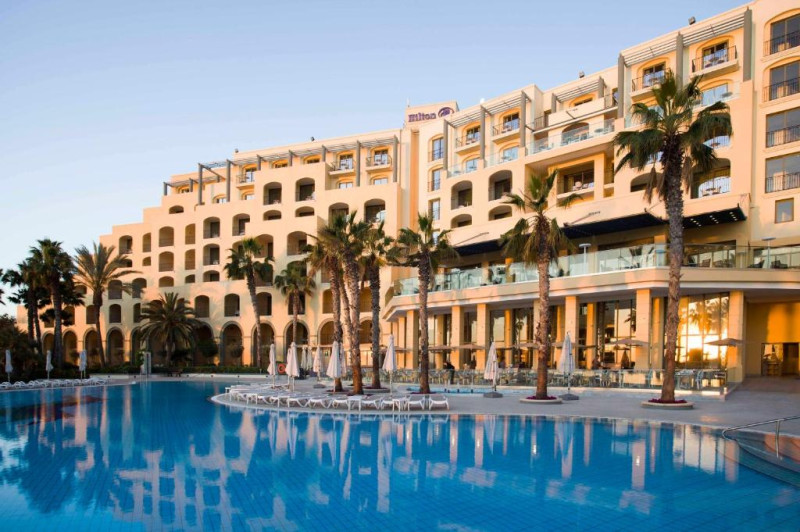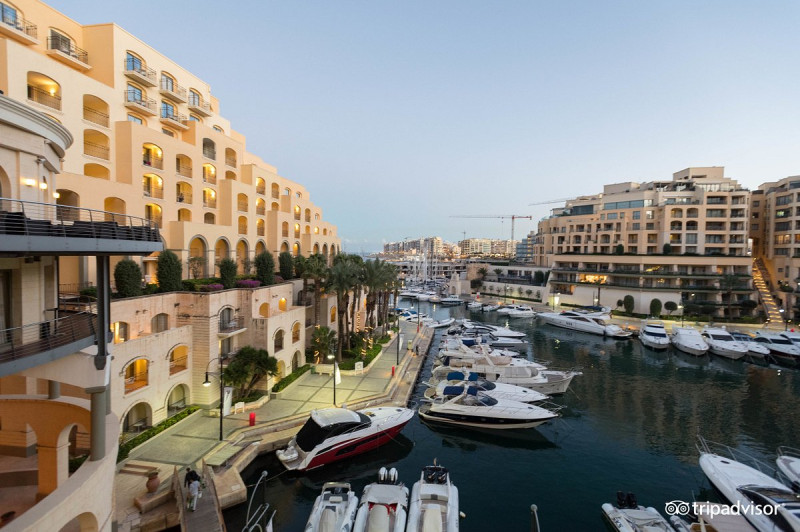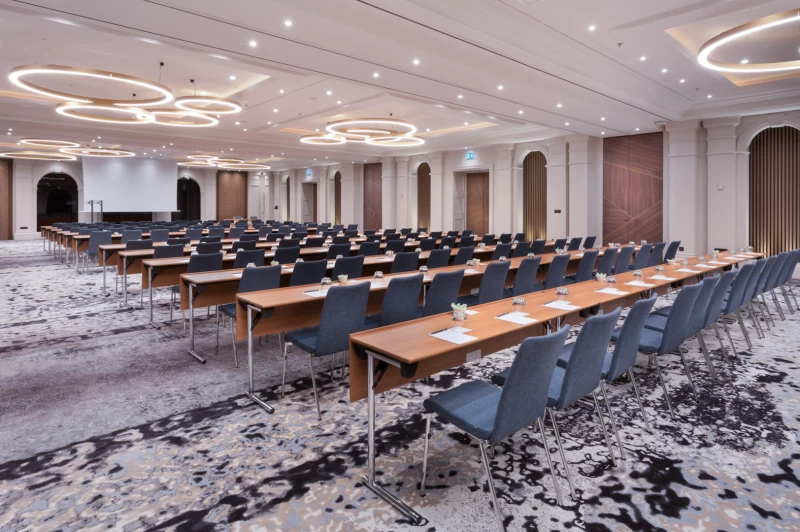- Home
- Past Conferences
- 4th Exploring DNA Repair Pathways as Targets for Cancer Therapy Conference
4th Exploring DNA Repair Pathways as Targets for Cancer Therapy Conference
#DNARepair24
07 Oct - 10 Oct 2024
St. Julians, Malta
-
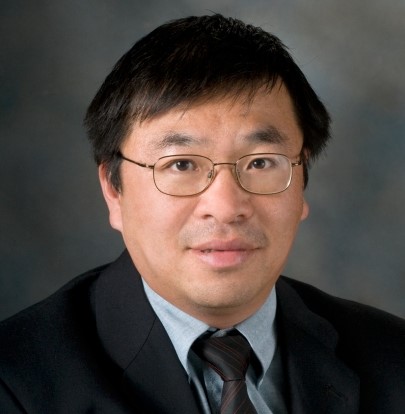
Junjie Chen
MD Anderson Cancer Center
-
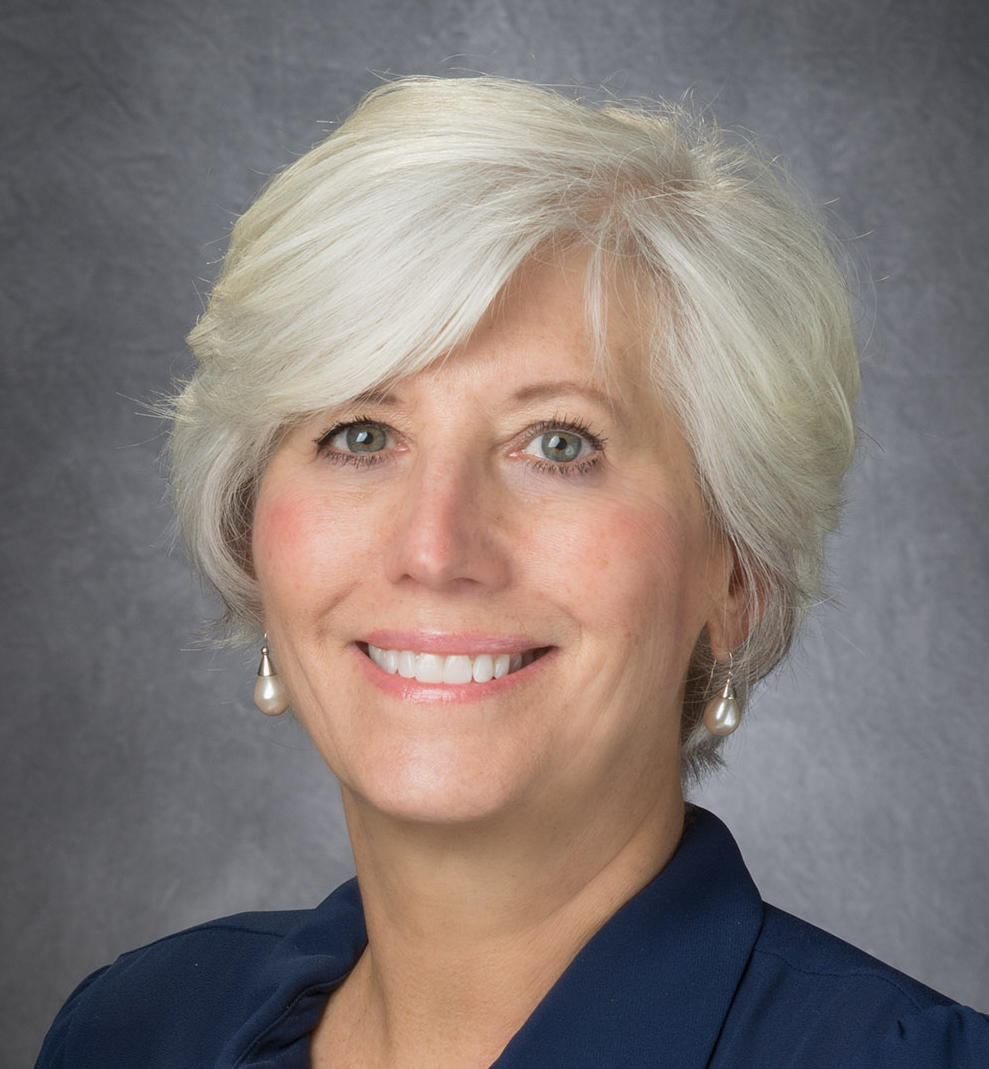
Helen Piwnica-Worms
MD Anderson Cancer Center
Early Bird - Expired • Talk Submission - Expired • Poster Submission - Expired • Registration & Payment Deadline - Expired
Report
Held from October 7-10, 2024, at the Hilton Malta in St. Julian’s, the 4th Fusion Conference on Exploring DNA Repair Pathways as Targets for Cancer Therapy attracted 127 participants from a wide array of disciplines, fostering a dynamic exchange of ideas among researchers, clinicians, and industry professionals. As one of Fusion’s longest-standing conferences, this event underscored the critical role of DNA repair mechanisms in cancer therapy.
Key discussions focused on the latest advancements in DNA repair research, featuring notable presentations on innovative therapeutic strategies and emerging technologies. Attendees participated in engaging sessions that highlighted the importance of collaboration in this essential field. Highlights included new mechanistic insights into DNA replication and repair pathways, an improved understanding of therapy resistance, and the introduction of novel therapies, such as WRN inhibitors, which are currently in clinical trials.
The conference not only reaffirmed our commitment to advancing knowledge in DNA repair but also emphasized our dedication to fostering a supportive environment for networking and collaboration. The poster sessions were particularly well attended, thanks to a successful flash presentation format organized by the fantastic Fusion team. The roundtable networking lunch and gala dinner were also significant successes, allowing participants to connect and share ideas in a more informal setting.
We invite you to join us for the next conference to continue this vital dialogue and help shape the future of DNA damage repair and cancer research.
- Helen Piwnica-Worms & Junjie Chen (MD Andserson Cancer Center)
Synopsis
Defects in DNA damage repair and checkpoint control are underlying mechanisms driving tumorigenesis, since they allow for the accumulation of genetic alternations. Indeed, defects associated with these pathways are the underlying cause of several human cancer-prone syndromes. On the other hand, defects in DNA repair and checkpoint control create vulnerabilities in cancer cells that can be targeted by DNA damaging agents and inhibitors that disrupt checkpoint pathways. More recently, defective DNA repair and checkpoint regulation have been shown to influence R-loop formation, replication fork stability, and innate immunity. These new findings not only reveal additional mechanisms contributing to tumorigenesis, but also provide new targets for cancer therapy. This conference will focus on exploring these vulnerabilities, taking advantage of the synthetic lethality concept, and targeting specific DNA repair and checkpoint pathways for cancer therapy, either alone or in combination with chemotherapy, radiation therapy, targeted therapy, and immunotherapy. This conference will bring together basic, translational and clinical investigators to discuss current and future directions, opportunities and obstacles to the development of these anti-cancer modalities and how to best translate these concepts to clinical practice.
Key Sessions
- Recent advances in the field of DNA repair, cell cycle checkpoint control, genome maintenance, and innate immunity
- Radiation therapy and immune response
- Novel targets in DNA repair and checkpoint pathways
- Explore synthetic lethality and combination therapy for cancer treatment
- Evaluate the therapeutic potential of new anti-cancer modalities and combinations
- Mechanisms underlying therapeutic resistance
Confirmed Invited Speakers
Britt Adamson (Princeton University)
MAPPING THE CELLULAR DETERMINANTS OF GENOME EDITING SYSTEMS
Jiri Bartek (Danish Cancer Society Research Center)
UNDERSTANDING AND OVERCOMING CANCER CELL RESISTANCE TO THERAPY: MECHANISTIC LINKS WITH CELL CYCLE (DE)REGULATION AND GENOME INTEGRITY MAINTENANCE
Eric Brown (University of Pennsylvania)
EFFECTS OF DNA REPEAT SILENCING ON ATRi-DRIVEN GENOMIC BREAKS
Sharon Cantor (University of Massachusetts)
TARGETING CANCER BASED ON A GAP VULNERABILITY
Karlene Cimprich (Stanford University)
THE CAUSES AND CONSEQUENCES OF REPLICATION STRESS
Elizabeth Christie (Peter MacCallum Cancer Centre)
HETEROGENEITY OF ACQUIRED RESISTANCE IN HOMOLOGOUS RECOMBINATION REPAIR DEFICIENT OVARIAN CANCER
Alan D'Andrea (Dana-Farber Cancer Institute)
CHAMP1 COMPLEX DIRECTS HETEROCHROMATIN ASSEMBLY AND PROMOTES HOMOLOGY-DIRECTED DNA REPAIR
Jean Gautier (Columbia University)
REPAIR AND MIS-REPAIR IN 3D
Thanos Halazonetis (University of Geneva)
DNA REPLICATION STRESS IN CANCER - MECHANISTIC INSIGHTS
Maria Jasin (Memorial Sloan Kettering Cancer Center)
BRCA2 AND HR, FORK PROTECTION, AND GAP SUPPRESSION WHICH IS IMPORTANT?
Chris Lord (Institute of Cancer Research)
UNDERSTAND CLINICAL RESISTANCE TO HRD-TARGETING THERAPY IN ADVANCED BREAST CANCER
Zhenkun Lou (Mayo Clinic)
NSD3 CONFERS PARP INHIBITOR RESISTANCE IN PROSTATE CANCER
Nima Mosammaparast (Washington University in St. Louis)
RNA DAMAGE AS A THREAT TO GENOME INTEGRITY
Andre Nussenzweig (National Institutes of Health)
REPLICATION FORK COLLAPSE AND STABILITY
Mark O'Connor (AstraZeneca)
TARGETING THE DNA DAMAGE RESPONSE TO GENERATE NEW CANCER MEDICINES
Yves Pommier (National Cancer Institute)
NEW INSIGHTS IN THE REPAIR OF TOPOISOMERASE DNA-PROTEIN CROSSLINKS (DPCs) AND Schlafen 11 (SLFN11)
Helen Robinson (Artios)
TARGETED COVALENT INHIBITION OF PolQ
Katharina Schlacher (MD Anderson Cancer Center)
BRCA IN MITOCHONDRIAL AND NUCLEAR GENOME STABILITY FOR NOVEL THERAPEUTIC TARGETS
Clare L. Scott (Walter and Eliza Hall Institute of Medical Research)
NAVIGATING PARP INHIBITOR RESISTANCE IN CLINICAL PRACTICE: INTERVENTIONS AND INNOVATIONS
John Tainer (MD Anderson Cancer Center)
TARGETING ALLOSTERY AT THE REPLICATION-REPAIR INTERFACE
Madalena Tarsounas (University of Oxford)
MECHANISM OF PARP INHIBITOR RESISTANCE IN BRCA-DEFICIENT CELLS
Xiaohua Wu (Scripps Research Institute)
INVESTIGATING BREAK-INDUCED REPLICATION IN MAMMALIAN CELLS
Tim Yap (MD Anderson Cancer Center)
PROGRESS, PITFALLS AND THE PROMISE IN TARGETING THE DNA DAMAGE RESPONSE IN THE CLINIC
Shan Zha (Columbia University)
INHIBITION IS NOT DELETION IN DNA DAMAGE RESPONSE
Lee Zou (Duke University)
THE ROLE OF ATR IN THE RESPONSE TO TRANSCRIPTION-ASSOCIATED GENOMIC STRESS
Student Offer
Take advantage of this fantastic opportunity for students! Fully paying 'single' or 'shared' registrants can bring a student for only €990. Unfortunately, Postdocs are not eligible. Both registration packages include; accommodation for the 07, 08, 09 October 2024 (on a shared basis for students) and a food and beverage package for the conference period. Once registered, please contact Chloe to obtain a special registration code for your student.
Target Audience
This conference explores topics that should appeal to basic, translational, clinical investigators as well as clinicians ranging from academics to industry.
Educational Need
DNA damage repair and checkpoint control is an exciting field that has undergone tremendous growth in the past few years. While insightful new research on the molecular mechanisms that govern a variety of DNA repair and cell cycle checkpoint pathways has led to an expansion of our understanding of DNA damage response pathways in humans, it also offers new approaches for cancer prevention and treatment. The purpose of this conference is to accelerate the translation of basic research findings into clinical practice. The audience will benefit from the interactions with experts in the fields of DNA damage response, drug development and clinical trials.
Confirmed Speakers
Chairs

Junjie Chen
MD Anderson Cancer Center

Helen Piwnica-Worms
MD Anderson Cancer Center
Invited Speakers
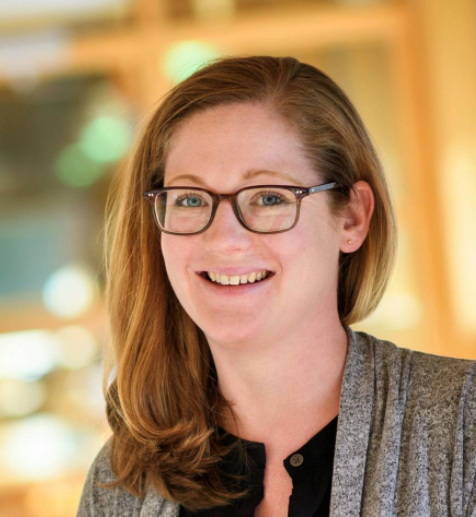
Britt Adamson
Princeton University
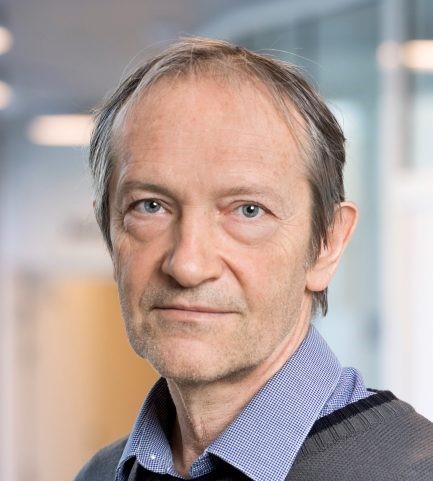
Jiri Bartek
Danish Cancer Society Research Center

Eric Brown
University of Pennsylvania
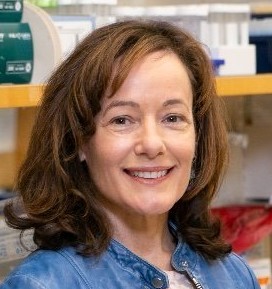
Sharon Cantor
University of Massachusetts
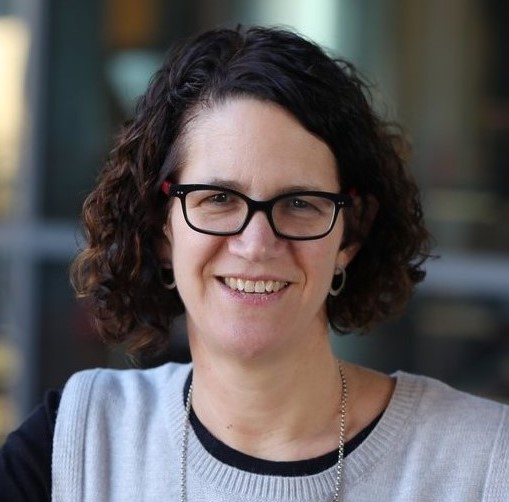
Karlene Cimprich
Stanford University
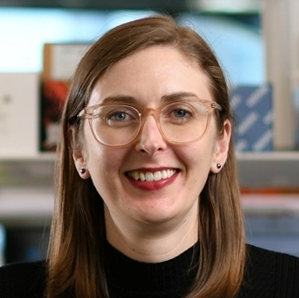
Elizabeth Christie
Peter MacCallum Cancer Centre
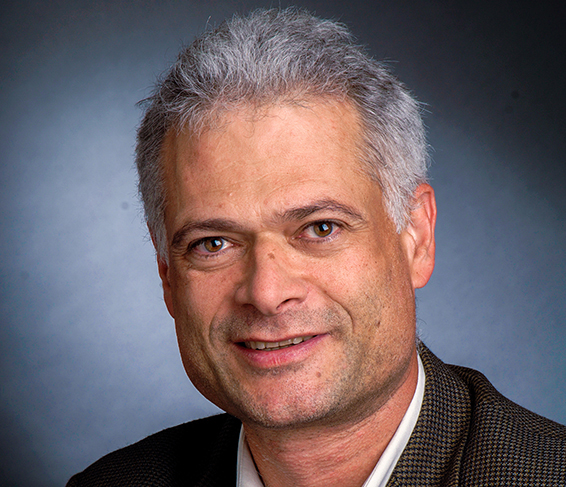
Alan D'Andrea
Dana-Farber Cancer Institute
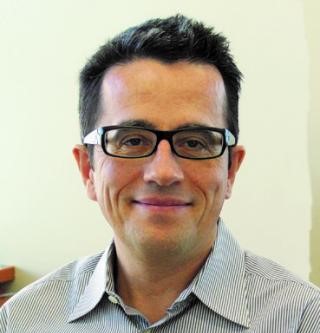
Jean Gautier
Columbia University
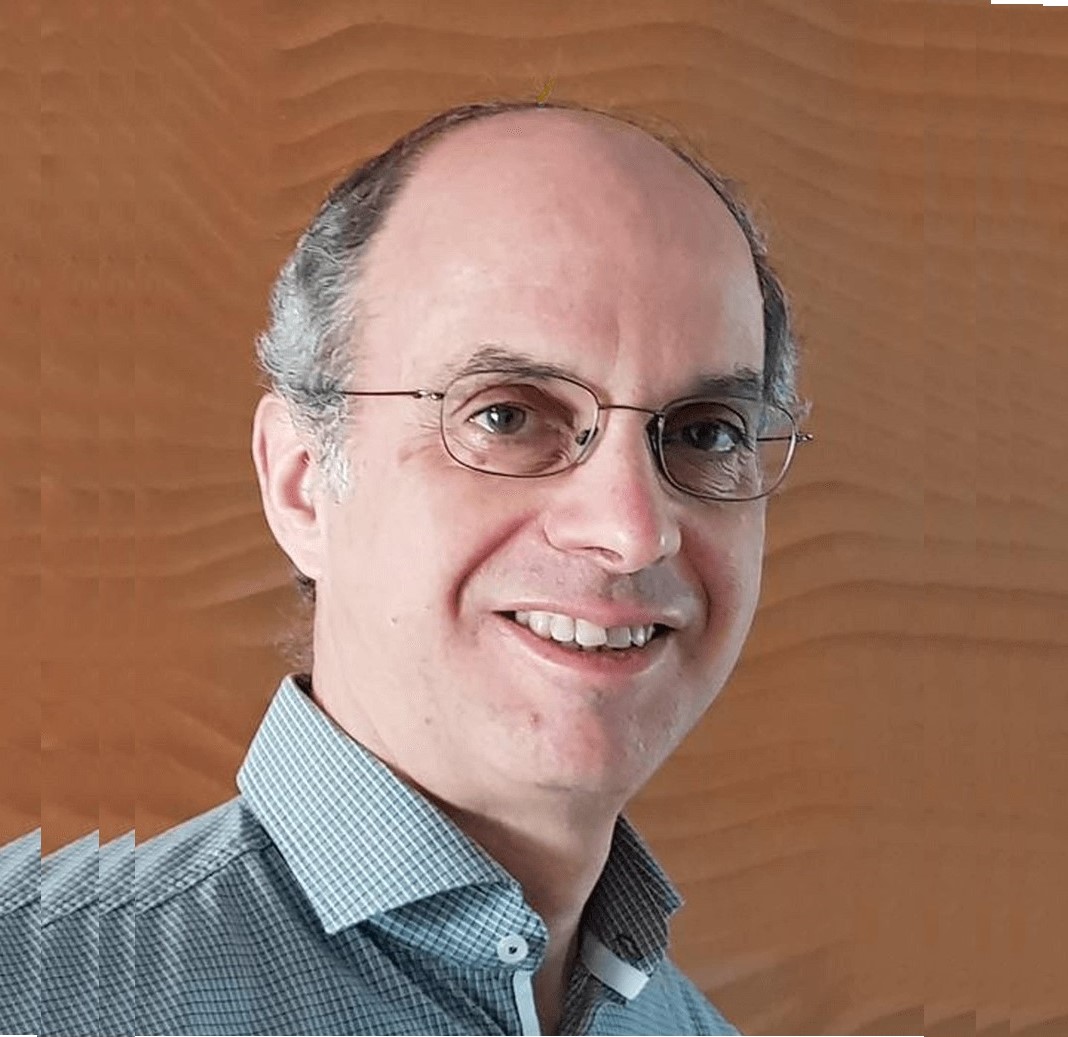
Thanos Halazonetis
University of Geneva
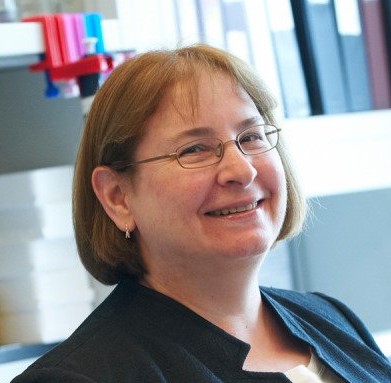
Maria Jasin
Memorial Sloan Kettering Cancer Center
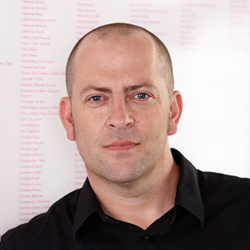
Chris Lord
Institute of Cancer Research
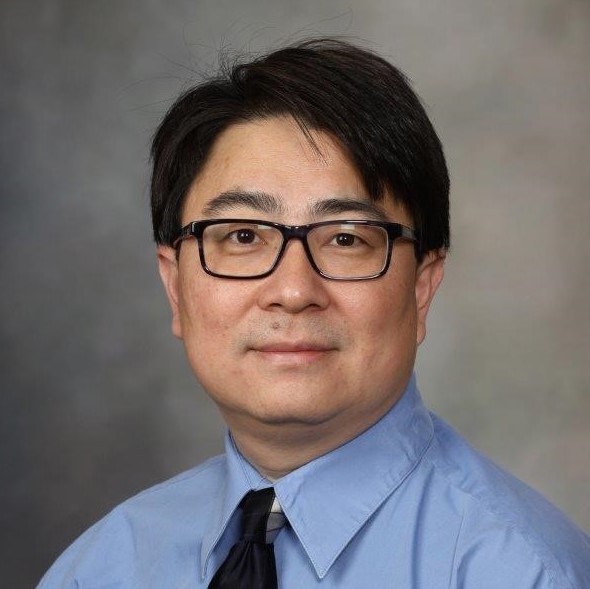
Zhenkun Lou
Mayo Clinic
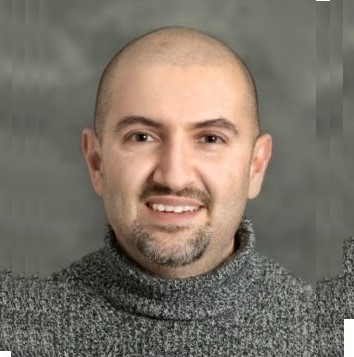
Nima Mosammaparast
Washington University in St. Louis
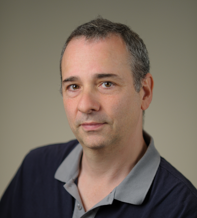
Andre Nussenzweig
National Institutes of Health

Mark O'Connor
AstraZeneca
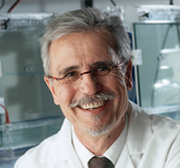
Yves Pommier
National Cancer Institute
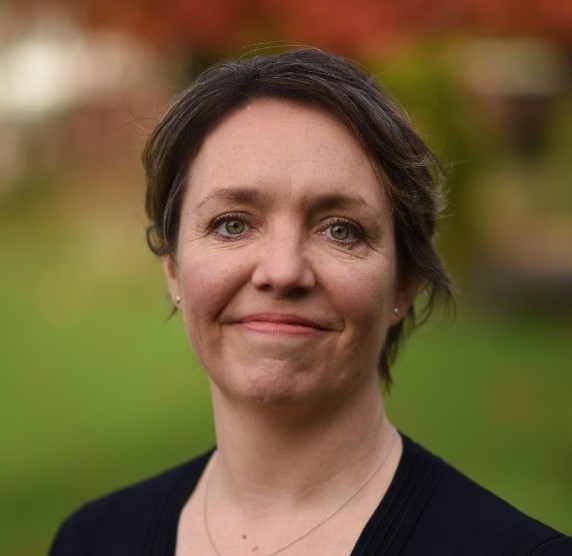
Helen Robinson
Artios
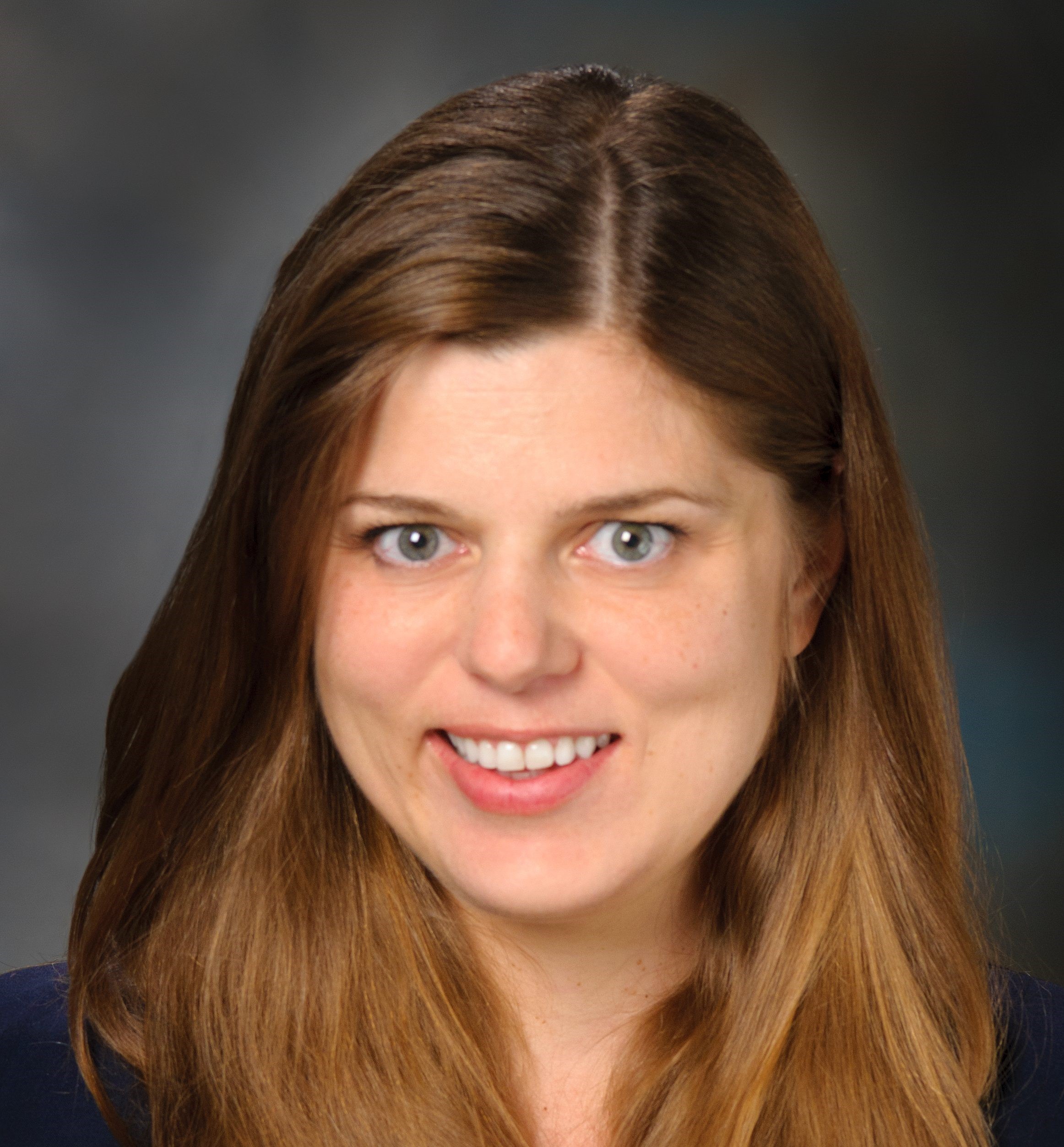
Katharina Schlacher
MD Anderson Cancer Center
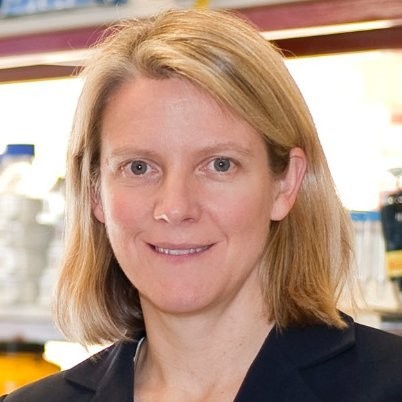
Clare L. Scott
Walter and Eliza Hall Institute of Medical Research
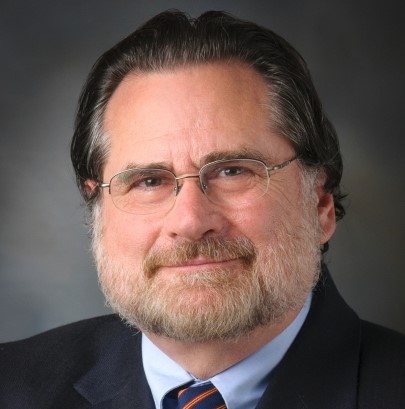
John Tainer
MD Anderson Cancer Center

Madalena Tarsounas
University of Oxford
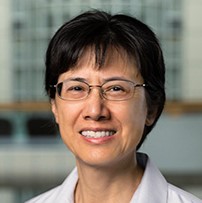
Xiaohua Wu
Scripps Research Institute
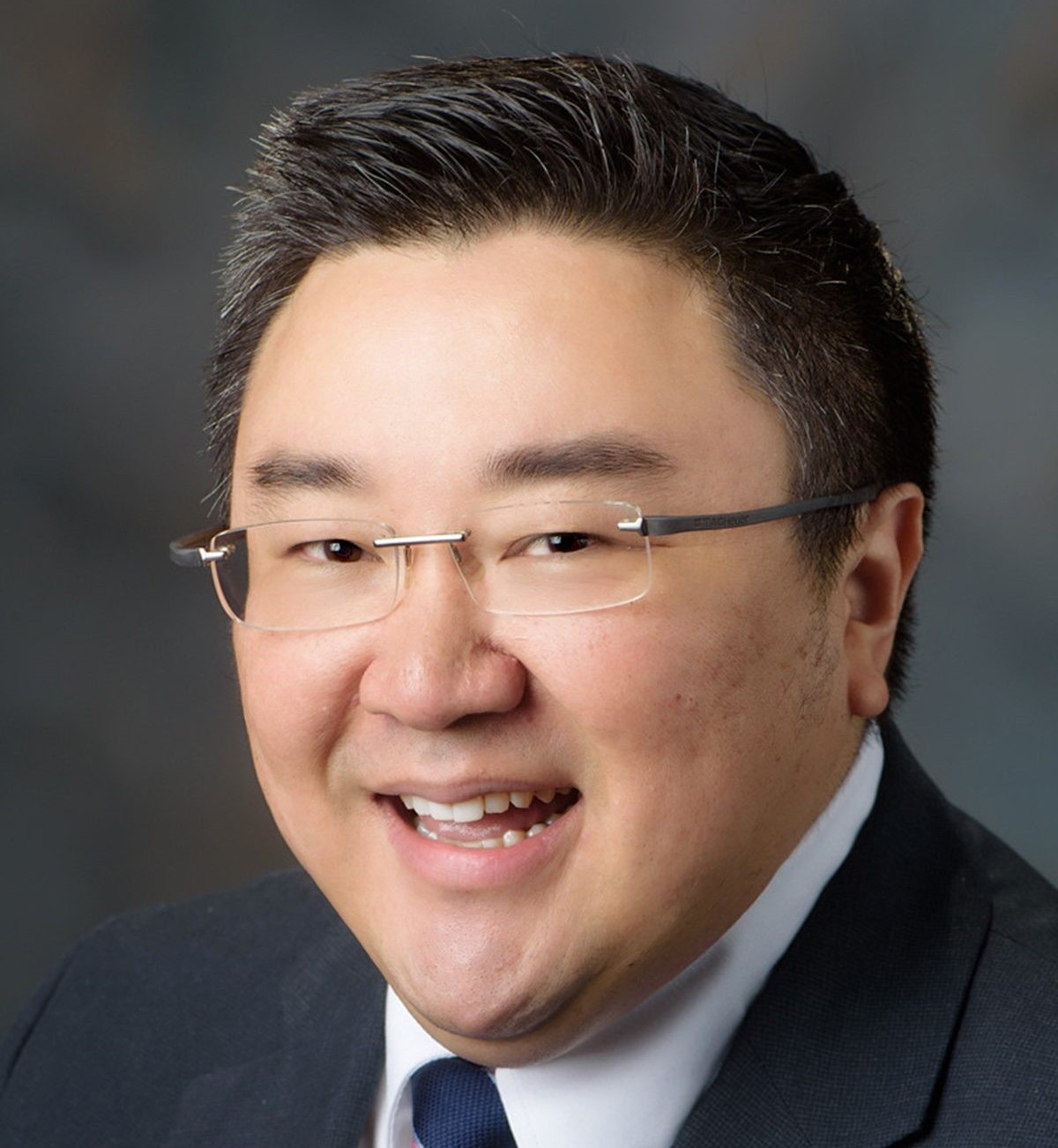
Timothy Yap
MD Anderson Cancer Center
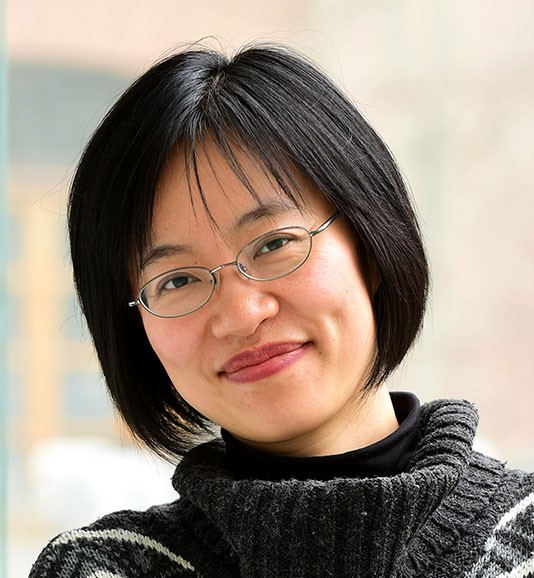
Shan Zha
Columbia University

Lee Zou
Duke University
Programme
Although the below programme is the most up to date version, please note minor changes may still occur.
Grants
Please see below opportunities for financial support for students, postdocs and early career researchers. If you have any questions, please reach out to the Conference Manager, Chloe Trundle.
Student Offer
Take advantage of this fantastic opportunity for students! Fully paying 'single' or 'shared' registrants can bring a student for only €990. Unfortunately, Postdocs are not eligible. Both registration packages include; accommodation for the 07, 08, 09 October 2024 (on a shared basis for students) and a food and beverage package for the conference period. Once registered, please contact Chloe to obtain a special registration code for your student.
ECR Awards
We have been able to create several ECR awards. Two different award values are available, €500 or €1,000 and these have been set aside for early career researchers. If you are a student, postdoc or junior faculty (within 3 years of your position), you are eligible. To apply please email the conference manager, Chloe Trundle.
Your application should include your name, organisation, career level, an abstract for talk or poster consideration, and a short summary answering the below questions (no more than 50-100 words per question).
• What cutting edge aspects of your work will you share at the meeting?
• What knowledge gaps are you addressing in the field?
• Why do you require financial support to attend?
• How will attending #DNARepair24 benefit your science and career?
• Are there any other reasons as to why your application should strongly be considered?
Applications will be considered as they are submitted so although there is no application deadline, we recommend applying early to avoid disappointment as we only have a limited number of ECR awards available. If you are interested in presenting a poster, please ensure your abstract and ECR award application are submitted no later than midnight BST on Thursday 08 August 2024.
*Unfortunately, all current ECR grants have been awarded. However, we hope to release additional grants later following fundraising efforts. If you are interested in future opportuinities, please still send in an application - these will be considered in the first instance should additional grants be released.
Supported by
Interested in sponsoring this conference?
Contact usVenue & Location
Hilton Malta
We are excited to be visiting this beautiful Mediterranean destination in autumn 2024 – the Hilton Malta in St Julian’s, Malta. The oceanfront resort overlooks the stunning Portomaso Marina in St. Julian’s.
This beautiful hotel is located only 15 minutes from the ancient capital city of Valletta, a UNESCO World Heritage Site. Megaliths, medieval dungeons and Calypso’s Cave – The Maltese Islands are positively mythic. As the countryside is dotted with medieval towers, wayside chapels and the oldest known human structures in the world, the Islands have rightly been described as an open-air museum.
This is not an all-inclusive property, but we have arranged a full food and beverage package for delegates during the conference period which is included within the registration fee. Breakfast will be at leisure each morning, but participants will dine together for conference lunches and dinners. For anyone staying any extra nights, the rate will be bed and breakfast only so delegates can choose whether to dine at the hotel or explore and eat elsewhere.
Hotel facilities include;
• Complimentary Wi-Fi in guest rooms and throughout hotel and conference areas
• 4 Seasonal Outdoor Pools
• Spa with Indoor Swimming Pool
• Fitness Center and Tennis Court
• 3 Restaurants
• 2 Bars
General Information
Venue Rating
★ ★ ★ ★ ★
Currency
Euro (EUR)
Address
Vjal Portomaso St Julian's PTM, 01, Malta
Nearest Airport
Malta International Airport
Location
The Hilton Malta overlooks the stunning Portomaso Marina in St. Julian’s. This beautiful hotel is located only 15 minutes from the ancient capital city of Valletta, a UNESCO World Heritage Site.
Gallery
Conference History
If you are interested in this meeting but not yet ready to register, you can sign up for updates here and our team will keep you updated regarding deadline reminders and grant opportunities relating to this meeting only.
If you're interested in sponsoring this conference please contact us.
Conference Manager

Chloe Trundle
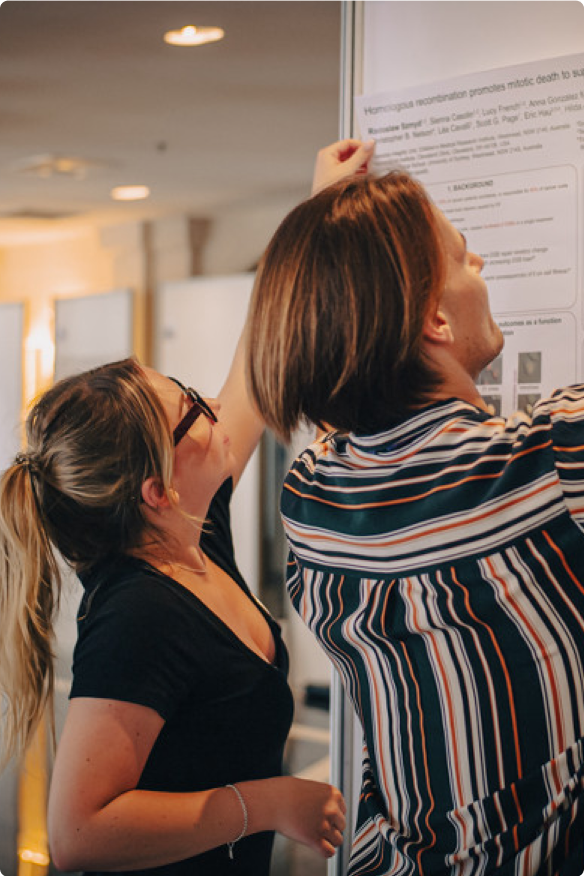
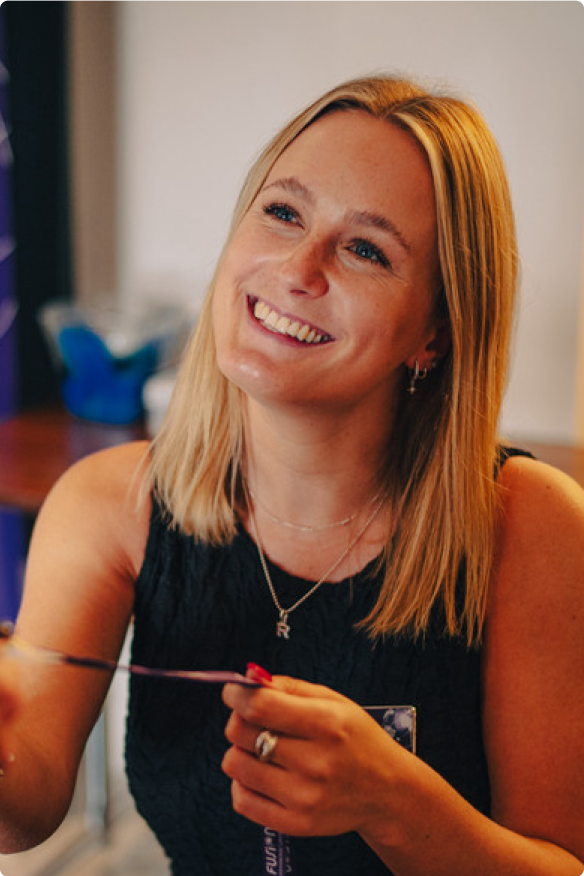
Need some help? Chat to the Fusion team today
As a family run business, our dedication runs deep. We’re committed to each other and, even more so, to every attendee’s experience, delivering a level of care and passion that’s truly unmatched.
